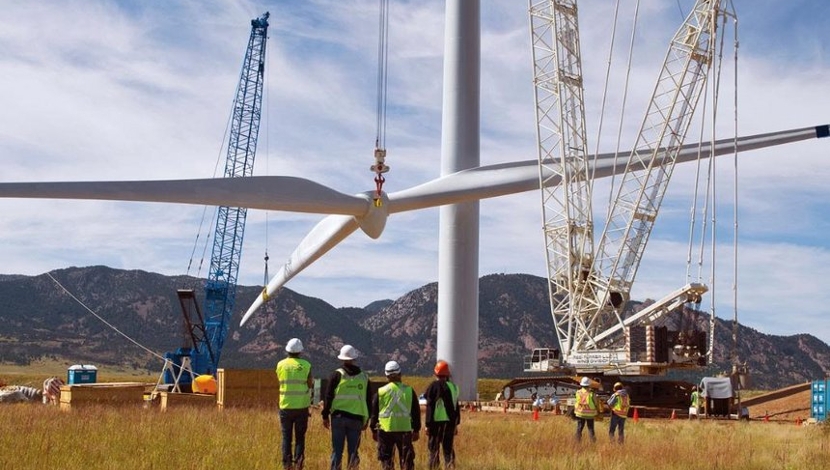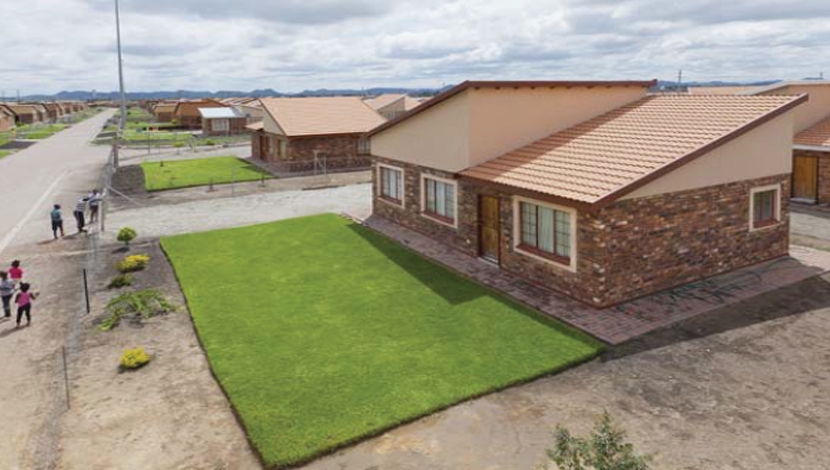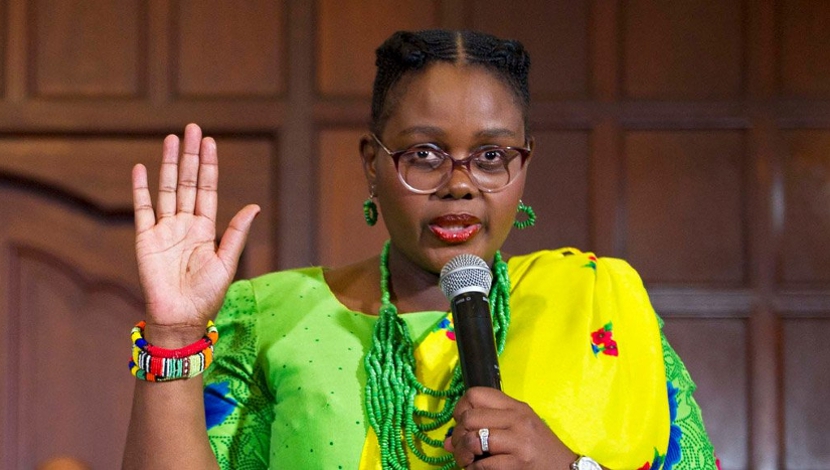

The Renewable Energy Independent Power Producer Procurement Programme (REIPPPP) “will continue and expand”, the Medium-Term Budget Policy Statement (MTBPS) asserts, describing it as “an example of the kind of partnerships needed for national development”.
The competitive auctions associated with the REIPPPP have attracted investments of R194-billion in mostly wind and solar plants, with a combined capacity of over 6 000 MW.
However, doubt has been cast over the future of the programme, owing to resistance from Eskom to the signing of new power purchase agreements (PPAs). This resistance continues despite backing for the REIPPPP from the Department of Energy (DoE), the National Treasury and even The Presidency.
In his address to Parliament, Finance Minister Pravin Gordhan said, “contrary to the views of some, these are sound and sensible long-term investments”.
He reported that a total of 64 projects were already in production and that Energy Minister Tina Joemat-Pettersson and the National Energy Regulator of South Africa had approved another 37 independent powerprojects (IPPs).
“Once Eskom has signed the offtake agreements, a further R58-billion in investment and some 4,800 construction jobs will commence, bringing 2 354 MW of capacity to the electricity grid,” Gordhan said.
Deputy Finance Minister Mcebisi Jonas insisted during an earlier MTBPS briefing that the energy policy remained the responsibility of government and not State-owned companies.
National Treasury director-general Lungisa Fuzile said all future contracts were guided by the Integrated Resource Plan (IRP) and that until the 2010 IRP was revised, it would guide the procurement programmes involving IPPs, as well as Eskom’s build programme. However, he stressed that the process to update the IRP was “quite advanced”.
The MTBPS, which flagged the need for the building of a “coalition for faster growth”, also highlighted the finalisation of a regulatory framework for private-sector participation in other infrastructureprojects, including initiatives in partnership with State-owned companies.
Such efforts would help “restoring domestic confidence”, the absence of which is being reflected in South Africa’s weak economic performance. The National Treasury lowered its growth forecast for 2016 to just 0.5%, from 0.9% in February.
Gordhan confirmed that Eskom would take the lead in the nuclearpower initiative. “The Treasury will work with Minister Lynne Brown’s department and Eskom to ensure that the scale and phasing of the programme are in South Africa’s best interests and that the procurement arrangements are transparent and compliant with the law.”
The MTBPS made specific reference to efforts by the Presidential Business Working Group and the CEO Initiative to create a fund to support small business and to offer internships to one-million young work seekers.
Besides the REIPPPP and the plan to complete the regulatory framework for private-sector participation in infrastructureprojects, the statement outlines three other priority actions being taken to reignite growth, including:
• Addressing legislative and regulatory uncertainties that hold back investment in mining, agriculture and key technology sectors.
• Rationalising, closing or selling off public assets that are no longer relevant to government’s development agenda, and strengthening those that are central to achieving NDP objectives.
• And, concluding labour-market reforms.
The MTBPS also noted improvement of several factors that have limited growth in recent years, including the additional sources of electricity supply being connected to the grid.
“Agriculture is expected to recover as the drought comes to an end. Exports and tourist receipts are once again growing. A real, sustained depreciation in the exchange rate has created opportunities for export growth. Inflation has moderated. Working days lost to strikes have fallen. The green shoots of an economic recovery are reflected in new investment plans,” the statement adds.
However, Gordhan stressed that these “green shoots” needed to be nurtured by government and civil society making and backing the “right choices.”





